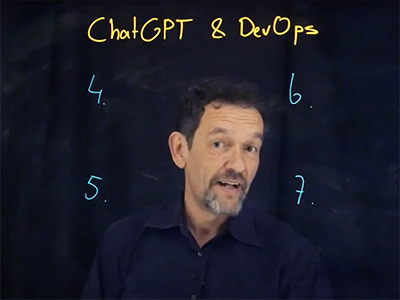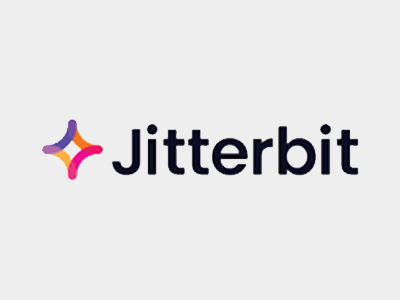Solnet welcomes Craig Larmer, Data and Cognitive Consultant
Hi, Craig! Please tell us a little bit about yourself:
I’m the new Data and Cognitive Consultant for Solnet, and my core focus is helping organisations get the most value out of data.
I bring over 20 years of commercial experience to the Business Advisory team, specifically in data, analytics and cognitive solutions. Over the years I’ve worked with private enterprise and Government entities alike, helping leaders frame up and solve their biggest and most complex business challenges, and leverage opportunities using data and insights.
What keeps your role interesting?
Systems and models are continually evolving. As technology advances, there are better and better ways to get more value from data.
Today, many organisations are simply asking a system to serve up some numbers, which us humans look at in order to come up with options and make a decision. But systems are now capable of coming up with options and making recommendations — thinking, in a sense — and behaving much more like human decision-makers. This is the beginning of what will become our new normal.
And with Solnet, there’s room for a holistic approach due to our breadth of services. I’m pleased to be in a position to offer the best business and technical solutions to leaders redesigning their businesses to take advantage of new capabilities and technologies.
What do you believe are the most exciting opportunities for New Zealand businesses today?
1) Making data the product. (Think Google, for example, but executed in a much more transparent way.)
For many New Zealand organisations, there are still plenty of opportunities to optimise operations or increase revenue using data, but data can actually become the product with a bit of thought. A distribution company, for example, may sell suppliers (anonymised) data on where their products have been sold so this information can be applied to product development. Also, data can become part of the product package when it’s used to enhance the offering, for example, as provided by some utilities in their billing information, tailored recommendations might be made based on usage patterns, or information may be provided comparing consumption with similar customers.
2) Shifting from a data-driven mindset (difficult in itself) to an insights and model-driven mindset. As Artificial Intelligence (AI), Machine Learning (ML) and other automation techniques improve, machines will have greater input into how decisions are made and how “work” is done.
3) Getting started with basic data management. Many people won’t see this as an exciting opportunity, but thisis such an easy win for many organisations. A distinct competitive advantage is gained through quality of data and this will continue to be the case in the future.
Given where we are, being able to use analytics and new predictive models to compete in the digital economy is an exciting proposition, whether it be as a software development shop or as a furniture exporter.
If you want to do the exciting things mentioned above, you need to get some basics sorted first. For example, a business may have heaps of transactional data available from day to day, but how do you analyse it? How do you put this data to use later on? How do you know the data is complete and accurate? These are some of the questions I help leaders answer.
What do you see as the biggest threat currently facing New Zealand organisations?
Too much short-term tactical thinking vs staying focused on a longer-term strategic approach.
With rapid change and disruption, the pressure is on to adapt. The question is: how do you plan for the future with so much uncertainty and avoid making reactive decisions that could be harmful — such as siloed activity and stove-pipe solutions?
Organisations need to prioritise building the capabilities necessary to quickly respond to market changes. This requires investment to attract the right talent and to get the right processes and platforms in place. Next, organisations need to formulate a long-term strategic plan and consistently execute against it.
There will be hurdles and temptations along the journey, but an enterprise-wide approach is the only way to remain competitive ... and that doesn’t happen by accident. Stick to your strategy, celebrate quick wins, and reap the rewards!
***
If you would like to discuss what’s happening in your organisation and how Solnet can help, please get in touch by calling Craig at 021 221 2311 or emailing craig.larmer@solnet.co.nz.


